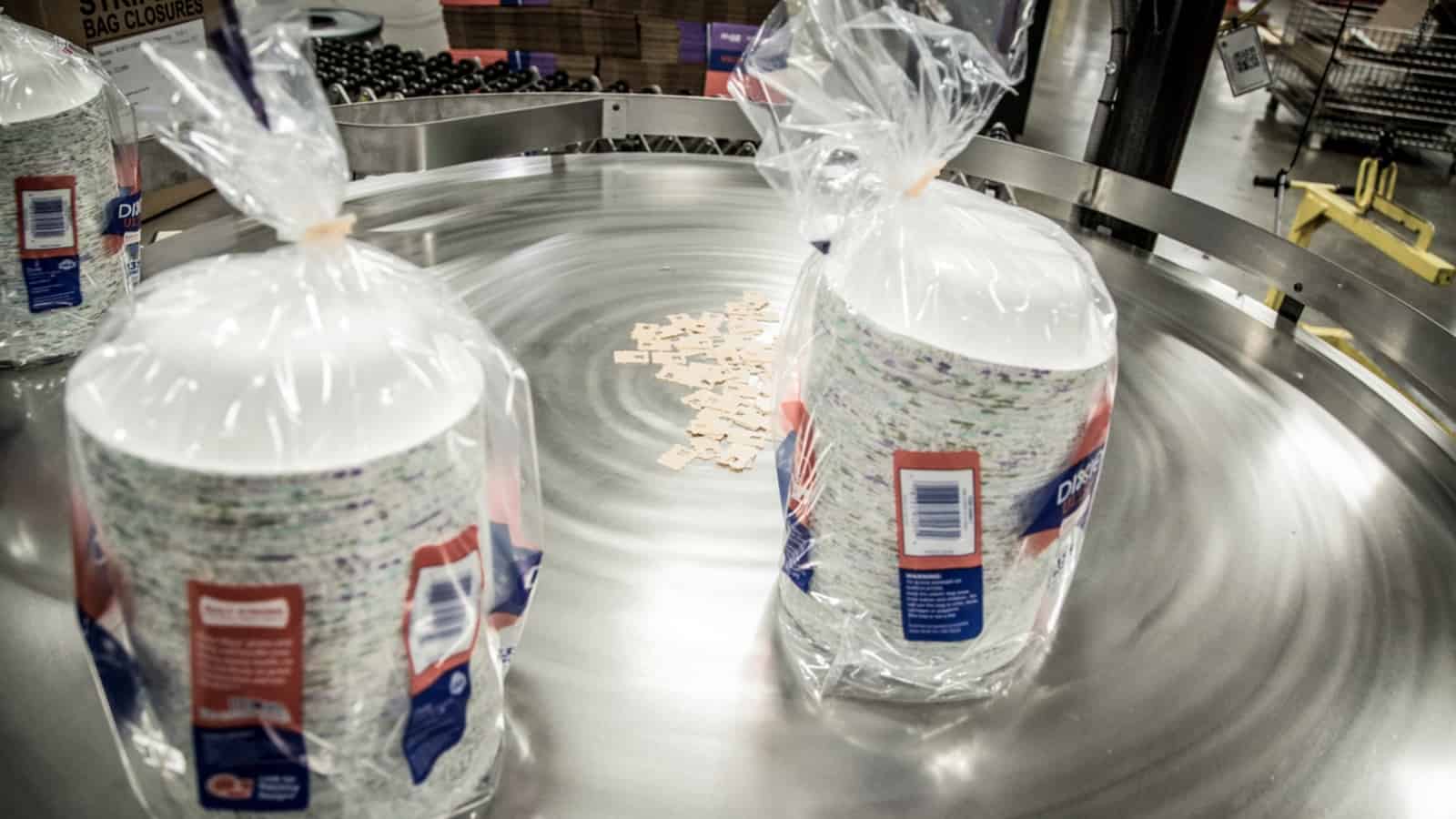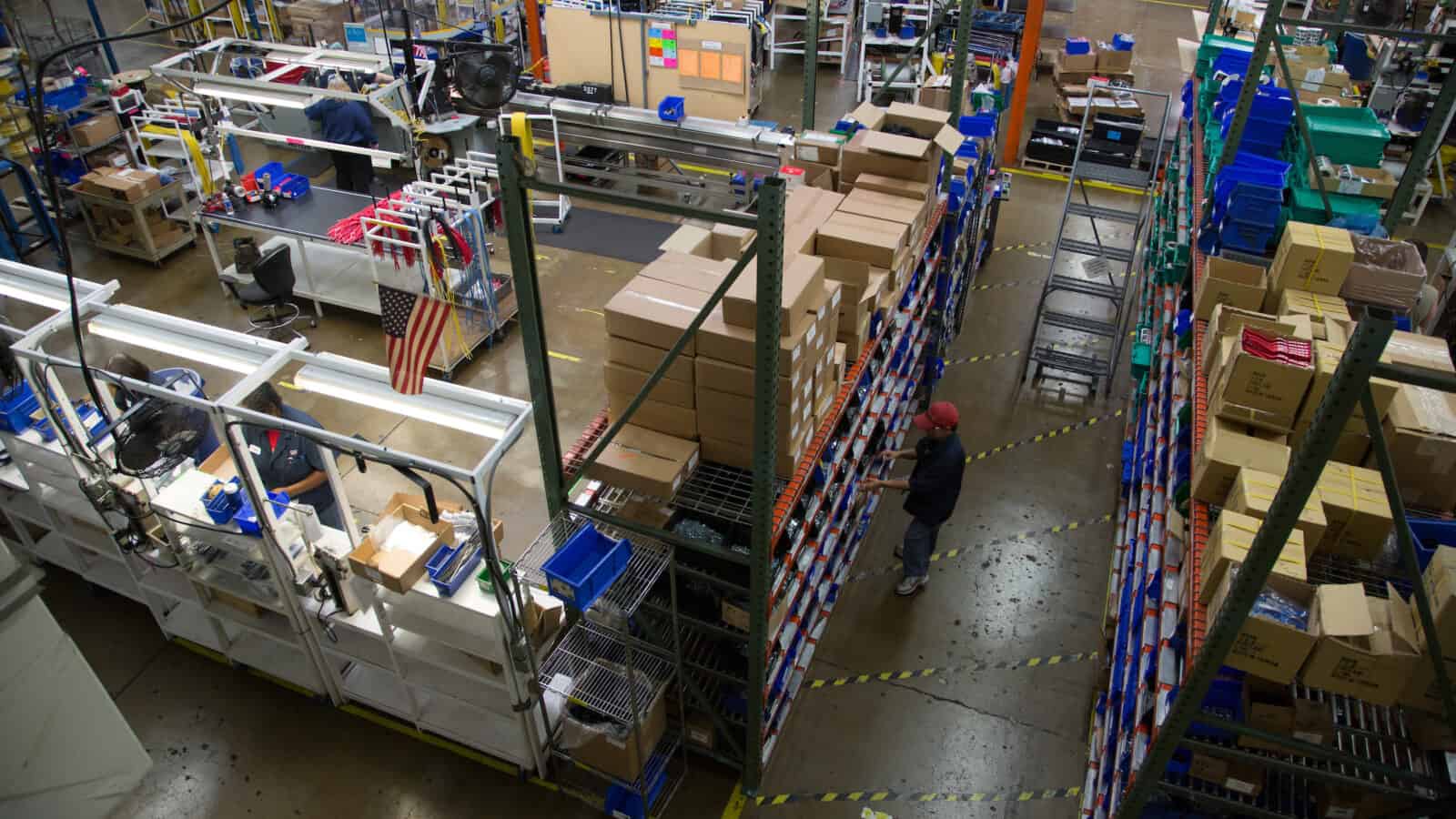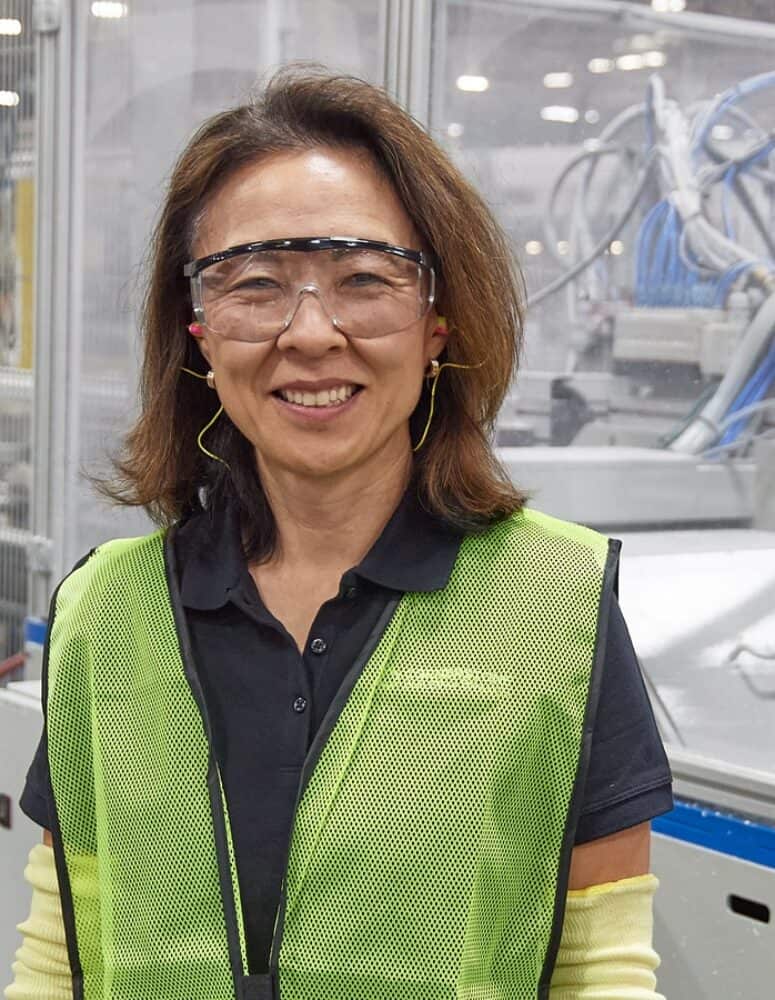A Supply Chain Leader Supports Other Women in Manufacturing

When Carrie Shapiro began her career as an engineering student at the Georgia Institute of Technology, she didn’t expect to work in manufacturing—but the moment she walked into a manufacturing facility near her school for an interview, she was hooked.
“I’ve had so many opportunities in manufacturing that I never wanted to leave,” said Shapiro. “From the very beginning, I was able to keep learning and growing and making better relationships.”
Today, Shapiro serves as the vice president of sourcing execution at Georgia-Pacific—a pulp and paper company—where she guides procurement and uses her expertise in supply chain operations to benefit the company’s 110 facilities. As a leader in the industry, she’s also focused on helping potential creators understand all that manufacturing has to offer.
A changing world: Shapiro’s role has been especially important over the past few years, as the COVID-19 pandemic and its aftermath forced companies to adjust their supply chains and react to shortages in real time. For Shapiro, that process required rethinking risks, using data effectively and focusing on achieving stability before optimization.
- “The mistake that we often make is we try to optimize something that’s not stable,” said Shapiro. “If you’ve got chaos in your supply chain, you have no business trying to optimize it. You have to stabilize first.”
A need for humans: As Shapiro notes, data has become more readily available than ever before, and new tools are helping organizations make smart adjustments in real time. Yet, human decision-making and critical thinking still have a vital role at the center of manufacturing.
- “Tools are great, software is great, tech is great—but it should be an enabler and not a magic wand,” said Shapiro. “You still have to know your process, understand your current state and know your capabilities across the supply chain to make effective decisions. Tools don’t absolve you from doing the real work of continuous improvement.”

Leading by example: At a time when women are underrepresented in the manufacturing industry, Shapiro feels a responsibility to help other women succeed.
- She serves as a mentor with Pathbuilders, where she helps high-achieving women reach their fullest potential. She also coaches young engineers in the Steven A. Denning Technology & Management Program at Georgia Tech and serves as a longstanding member of the Next Generation Manufacturing Women’s Roundtable.
- “One of the most important roles that I play is to be a visible leader and to show there is a path to leadership inside manufacturing as a female,” said Shapiro. “Having someone who looks like you in a leadership position really matters. That representation matters, and it’s meaningful to people coming up in the organization.”
- On the strength of her long record of mentorship, Georgia-Pacific has nominated Shapiro for a 2024 Women MAKE America award, given by the Manufacturing Institute (the NAM’s workforce development and education affiliate) to outstanding women in the field. (Stay tuned for the ceremony!)
The last word: Shapiro encourages other manufacturing leaders to be active in lifting up individuals who might otherwise be overlooked.
- “I’ve had incredible supervisors who have pulled me up through the organization, who saw something in me that I didn’t see in myself,” said Shapiro. “Sometimes people look at a candidate and think they might be a stretch for the position—but they may just not look like a traditional candidate.”



